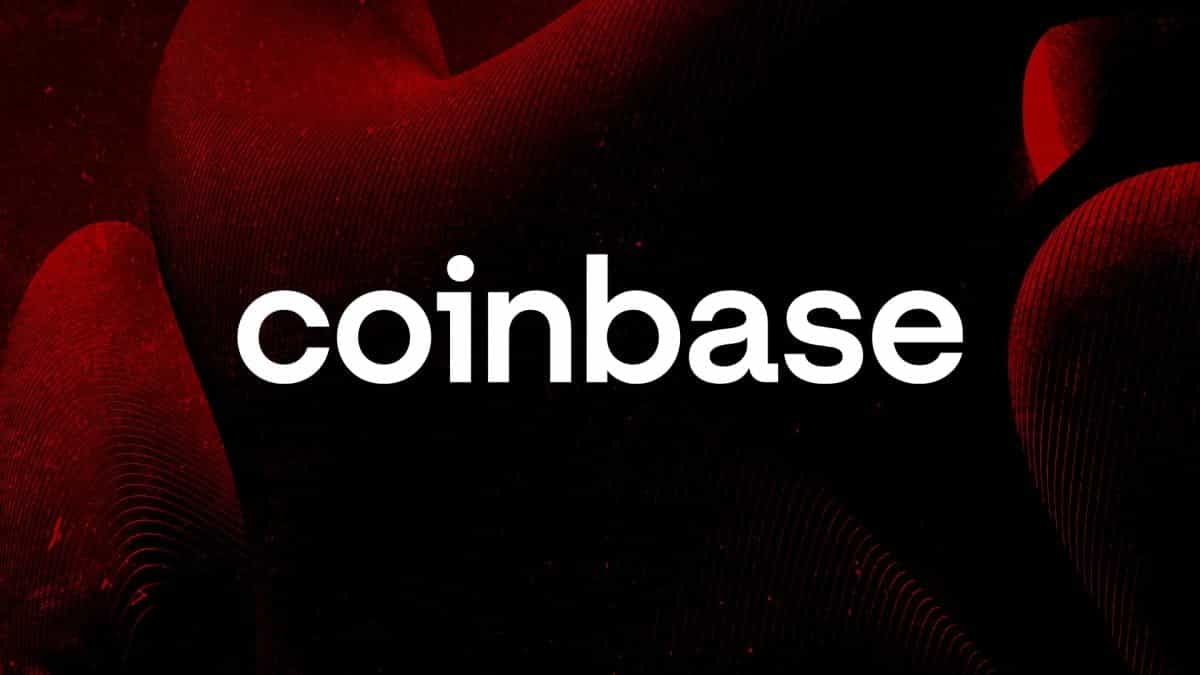Australia must speed up crypto regulation efforts to stay relevant, Coinbase exec says

Quick Take
- Coinbase Chief Policy Officer Faryar Shirzad said at a Senate hearing for a crypto bill that Australia needs to ensure regulatory clarity if it wants to stay relevant in a global race.
- “The sooner Australia acts, the sooner we can build and invest towards a framework that we understand will be stable and resilient for us to grow into,” Shirzad said.

Australia needs to speed up putting in place more precise cryptocurrency regulation if it intends to keep up with a global race, Coinbase’s executive said today at an Australian Senate hearing.
Faryar Shirzad, chief policy officer of crypto exchange Coinbase, said that Australia must quickly introduce a crypto-related regulatory framework or legislation — as other competing jurisdictions have set clear time frames for regulation.
“In terms of time frames, you might find it interesting that MiCA will go live probably no later than early 2025. That's at the outer end. The UK is accelerating its consultation to try to get in front of that timing. So when you're looking at large global markets in crypto, it does provide a date at which others are trying to organize around,” Shirzad said via a video conference call at a public hearing of the Australian Senate Economics Legislation Committee.
The hearing took place as part of the procedure of the Digital Assets (Market Regulation) Bill 2023, a private senator’s bill introduced in March by Senator Andrew Bragg.
Slow progress
The Digital Assets Bill sponsored by Bragg aims to introduce licensing for crypto exchanges and clarify custody requirements.
“The Digital Assets Bill will put Australia back into the race to regulate,” Bragg said in a statement in March. “Australia can be a digital asset hub while protecting digital asset consumers. But we must act now.”
Meanwhile, in February, the Treasury of Australia published a consultation paper on potential crypto regulation that applies some existing financial frameworks to regulate the country’s crypto sector.
The Treasury said at the Tuesday Senate Committee hearing that it had collected feedback from 91 stakeholders for the consultation paper surrounding what it called “token mapping” — or “the process of identifying the key activities and functions of products in the crypto ecosystem and mapping them against existing regulatory frameworks.”
Nghi Luu, assistant secretary of the Treasury’s capital markets, payments and financial innovation branch, told the Committee that the Treasury plans to release the consultation results with refinements of a proposed regulatory framework in the coming weeks.
A global race
The testimonies at today’s hearing suggested Australia lags in crypto regulation compared to other jurisdictions, including the European Union, the UK and Singapore.
Hong Kong, which rolled out a licensing regime for crypto trading platforms in June, “did something quite surprising” last year, Shirzad of Coinbase said.
“[The Hong Kong regulator] essentially out of nowhere decided to signal their interest in bringing and integrating crypto into their financial system,” he added. “And they were able, over the course of the ensuing nine months to issue a consultation paper, take public comment, put out a draft regulation, finalized it and have it go live. That's a very, very fast time period and it's an example of the speed at which markets move to kind of be competitive in the race.”
Shirzad said that while speed remains critical, the “balance of the rules set is obviously really important as well.”
“So making sure that it's a framework that's operable and that allows global companies to bring the strength of their global operations to serve the local market and things of that nature. So the details certainly matter, and I think there are significant elements of that in your legislation,” Shirzad added, responding to Bragg’s questions about the Digital Assets Bill.
“That's part of the reason why we came on shore is because we perceive it as a market that is headed in a trajectory of regulatory clarity and certainty,” Shirzad said. Coinabse expanded its services to Australia in 2016. “The sooner Australia acts, the sooner we can build and invest towards a framework that we understand will be stable and resilient for us to grow into.”
Jonathon Miller, managing director of Australia for Kraken, also testified that the regulatory uncertainty makes it hard to make decisions, and “there’re lots of layers to that.”
“It's well known that there are businesses in Australia that are deciding that other regimes are more certain for them,” Miller said. “It's well-known that banking relationships for crypto businesses are hard to manage because there's uncertainty in the market.”
“We're very committed to Australia, to this market. We have been for many years,” Miller added. “But it is tricky to make decisions when you don't have a clear view.”
© 2023 The Block. All Rights Reserved. This article is provided for informational purposes only. It is not offered or intended to be used as legal, tax, investment, financial, or other advice.



